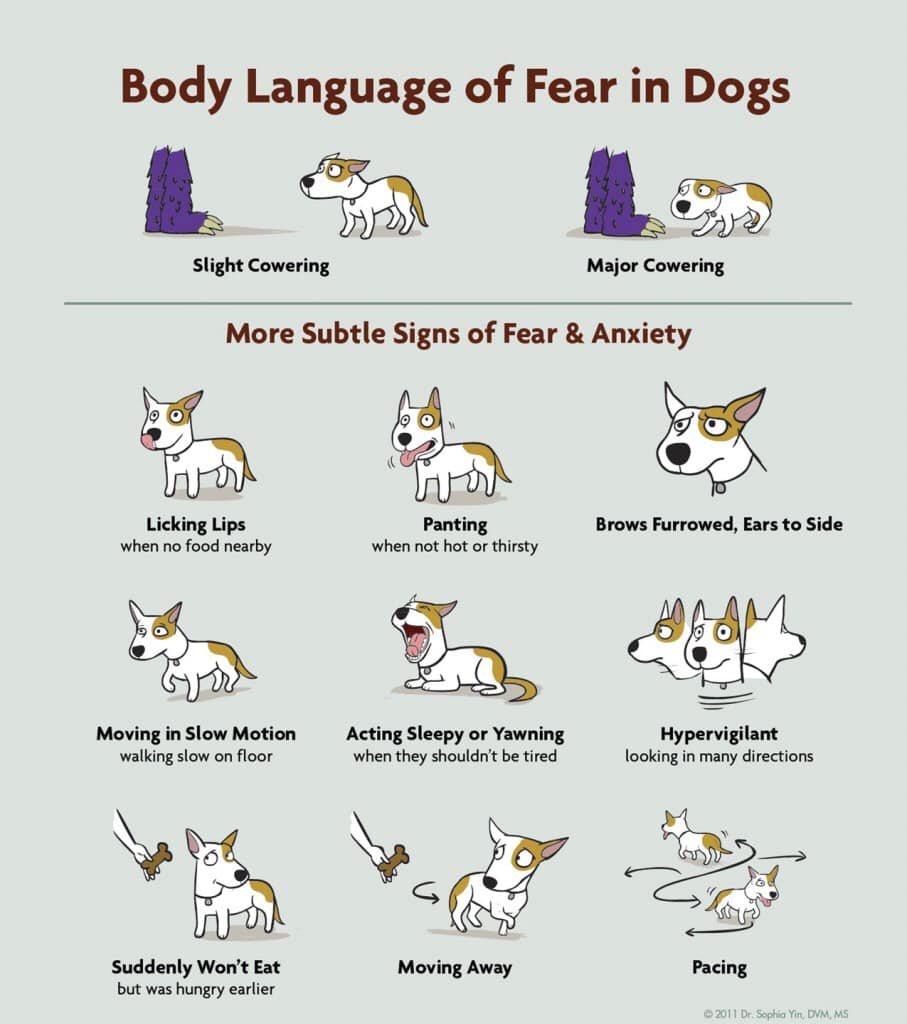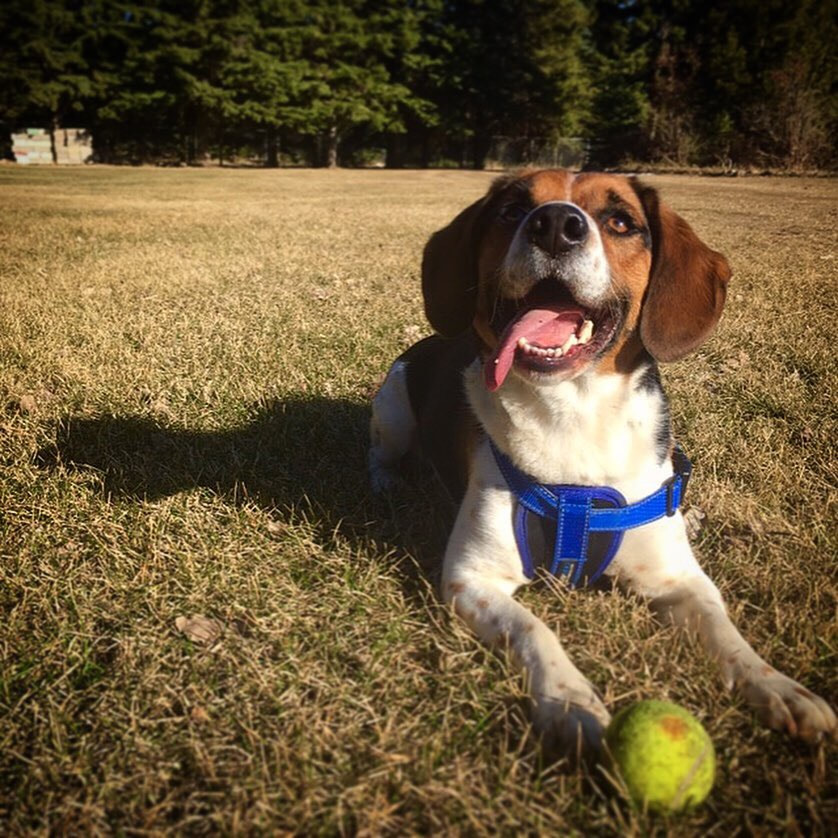|
Hello Everyone! And welcome to my first topic post! :D Today I will be discussing ways to recognise mental illness in dogs, and what tools or resources you can use to help you and your beloved canine in this situation. This topic is one I hold close to my heart, as my family and I first encountered this obstacle in 2018.
whine; we fell in love immediately, but little did we know, he had already started showing signs of anxiety.
close to us, but would wake up from a dead sleep and would begin growling if we so much as moved a toe. After each episode, he would cry and be very remorseful . He would look just as confused and upset as we did. In my experience, dogs who develop mental illness can start at a very young age. Some major red flags of irregular puppy behavior include the following:
Using charts, such as the following, may help you in recognizing some nervous or aggressive behavior. The earlier that these signs can be detected, the better the outcome will be for your dog.
will likely ask you to fill out a questionnaire report and have an extensive interview with you and your dog to help pin-point their exact triggers. In some mild cases, improvement will be seen with some minor adjustments to their environment to make them more comfortable at home, and in some more complex cases, some behavior modifying medication may be required, either temporarily or permanently. In some cases, their diet and gut health can even affect their behavior! All of these areas and more can be developed together with your Veterinarian!
those working with these conditions, I have developed a Facebook group called The Anxious, Aggressive and Fearful K9 Support Group. Please feel free to join and share your own experiences with canine mental illness, and share the resources that have helped you. There are many different ways to handle canine anxiety, fear and aggression, and I hope that what I have learned though my experience will help you discover the best way to handle your situation, or help you to help others you may know who is struggling with canine mental illness.
Image References:
https://bowwowinsurance.com.au/pet-community/pet-talk/dog-communication-body-language/?fbclid=IwAR2DOs8HxxL4uTiKYUEC2gn9pAoCwr6PyYAcELPqwJWKTqNooMGd9m7v8p4 https://www.animalosteopathycollege.com/blog/recognizing-canine-communication?fbclid=IwAR27cnZmKHi6Ym3rwMDqf6JUKa8RbCMPm0EIIocGLm2FlIYloDtE-sO539o
0 Comments
|
Christie GrantLooking to expand your knowledge on your pets health and wellness? Follow me! Let's dive in! :D ArchivesCategories |
Phone | 780-554-0663 | Fax | 780-348-5540 [email protected]
Enter "Stone Ridge Vet" into Google or Apple Maps
59525 Range Road 235, Westlock County
Enter "Stone Ridge Vet" into Google or Apple Maps
59525 Range Road 235, Westlock County







 RSS Feed
RSS Feed